An atrial septal defect is one of the commonest congenital abnormalities of the heart. ASD is a kind of hole in the heart.
Atrial septal defect (ASD) definition
The atrial septum is the wall that separates the two upper chambers of the heart called the atria. The two upper chambers are the right atrium and left atrium.

An atrial septal defect (ASD) is a hole in the atrial septum of the heart. This hole exists in every fetus in the womb and closes after birth. In a few babies, it does not close and persists as ASD (atrial septal defect ). Therefore, This condition is called a congenital heart defect.

The untreated atrial septal defect can damage the heart and lungs. The hole allows the blood to go from the left atrium to the right atrium. Thereby, the hole increases the amount of blood that flows through the lungs. Open Surgery or device closure is needed to close the hole.
Atrial septal defect (hole in the heart) blood flow
The hole in the heart allows the blood to go from the left atrium to the right atrium. Thereby good blood mixes with the bad blood in the right atrium. Excess blood in the right atrium goes to the lung via the right ventricle and pulmonary artery. Therefore, the right atrium, right ventricle, and pulmonary artery enlarge.
Atrial septal defect types
Atrial septal defects are classified based on the anatomic location of the fault: There are four types of heart ASD
- Ostium secundum ASD (75%–90% of cases)
- Ostium primum ASD (15%)
- Sinus venosus ASD (10%)
- Coronary sinus ASD (1%)

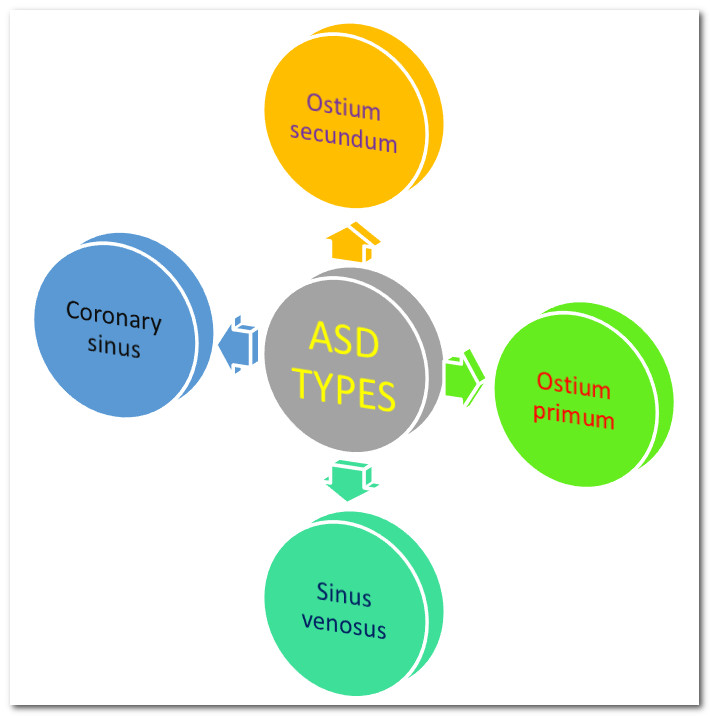
Atrial septal defect causes
The majority of atrial septal defect does not have any underlying cause. Few causes for heart ASD are
- Genetic
- Diabetes in the mother
- Cigarette smoking during pregnancy
- Alcohol consumption during pregnancy
- Certain drugs used by pregnant mother
- Age mother at the time of pregnancy more than 35 years
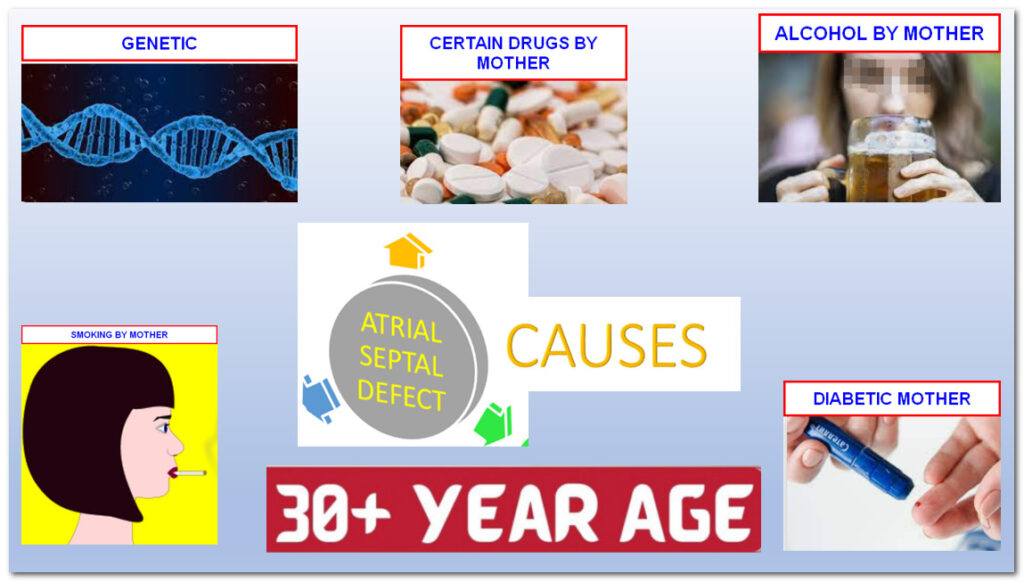
SYMPTOMS OF ASD
Though ASD is present from birth, most babies do not experience any symptoms. Symptoms may start in adulthood or middle age. Few cases are identified during examination when they visit the doctor for other reasons.
Symptoms of ASD:
- A sensation of a rapid, pounding heartbeat (palpitations) or skipped beats or heart flutter
- Shortness of breath or Dyspnoea
Atrial septal defect (ASD) diagnosis
2d echo test (Heart scan) with Doppler
A two-dimensional echocardiogram is the test of choice to diagnose the atrial septal defect.

TEE test is needed to assess the suitability for device closure. Your heart specialist passes a tube with a 2d echo probe at the end through the mouth for this test. The probe takes images of the heart. Your heart doctor will report after studying them.
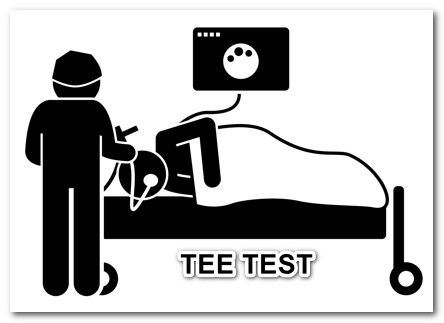
What happens if ASD is untreated?
Over spilling of the blood into the lungs through the hole via right-side chambers makes the right side of the heart enlarge. Eventually, pressure in the right side of the heart increases slowly from 20 mm Hg to more than 100 mm Hg, which is called pulmonary hypertension. Once the pressure exceeds the pressure in the left side chambers, blood flow through the hole reverses its direction. Then blood flow goes from the right atrium to the left atrium. This is Eisenmenger syndrome. Thereby, Bad blood mixes with good blood and reaches the whole body. Then the body receives mixed-blood instead of good blood. The body starts becoming bleu (cyanosis). At this stage, closing the hole is very harmful to the body. Only transplantation of the lung and the heart is the available option.
Atrial septal defect closure or treatment
The atrial septal defect can be closed by either
Your heart specialist decides the right strategy to close your hole in the heart based on size and rims to ASD.
An atrial septal defect closure device
Atrial septal defect closure devices are used to close the hole. The only second type of Atrial septal defects can be closed by these devices. Primum defects and vena cava defects need open surgery. The device can successfully close small to medium-sized atrial septal defects with good rims. Very large Atrial septal defects and Atrial septal defects without specific rims are sent for open surgery.
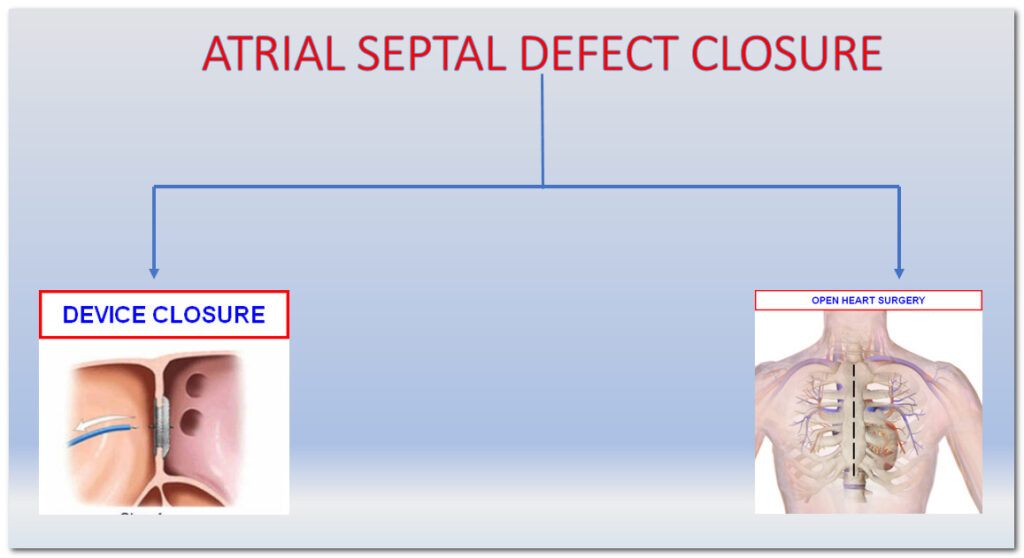
Complications of Atrial septal defect
A small atrial septal defect may not cause any problem to the body.
Larger atrial septal defects can cause serious complications, including:
- Abnormal heart rhythms like irregular heartbeat, fast heartbeat, or slow heartbeat (arrhythmias)
- Brain Stroke or CVA, or cerebrovascular accidents
- Early death
- High blood pressure in the lung arteries (pulmonary arterial hypertension or PAH)
If you are looking for ASD surgery (Device surgery or open surgery). Contact us at 9700167409 or DM heart care clinic
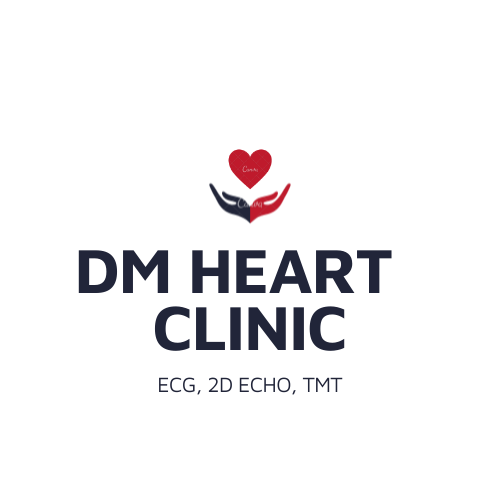
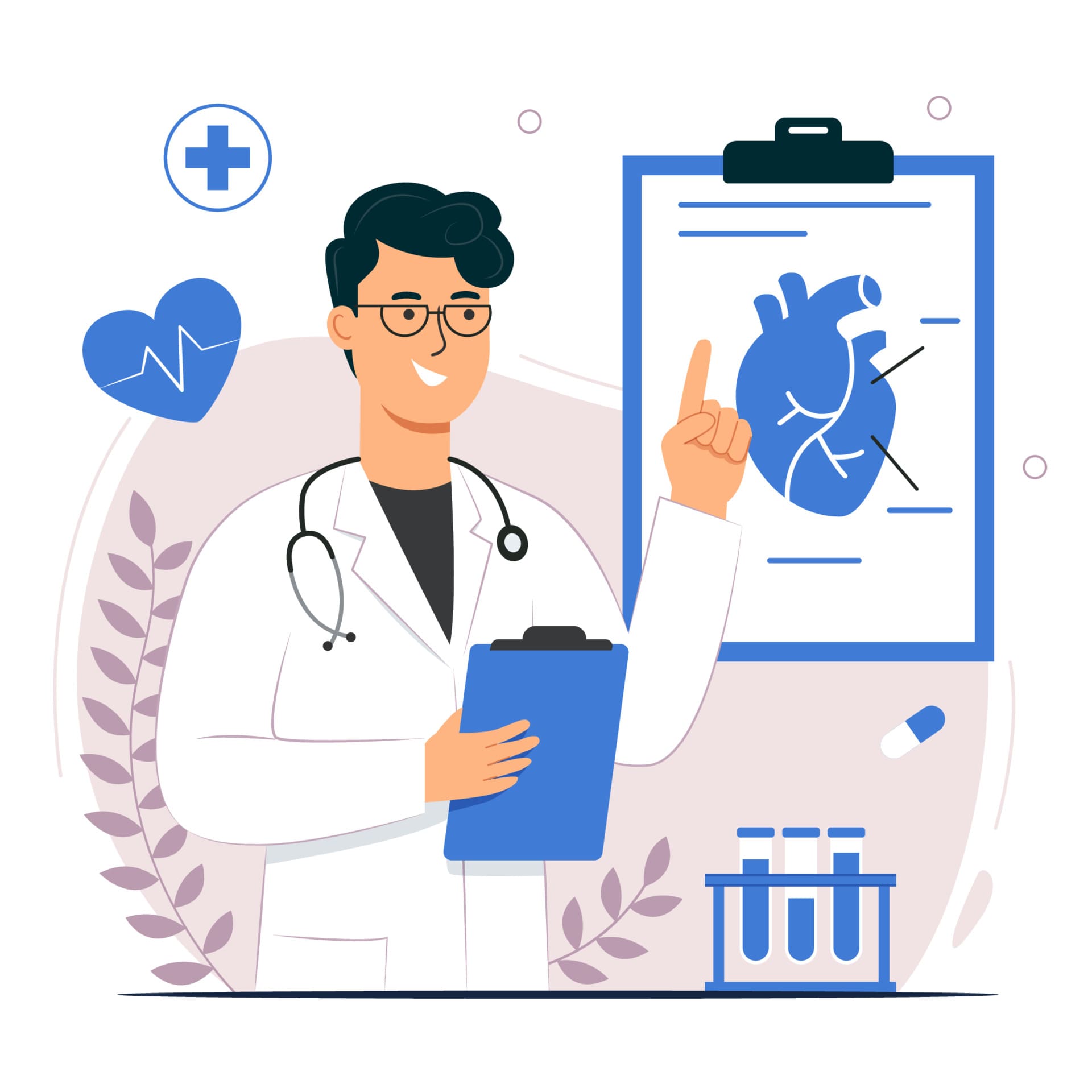

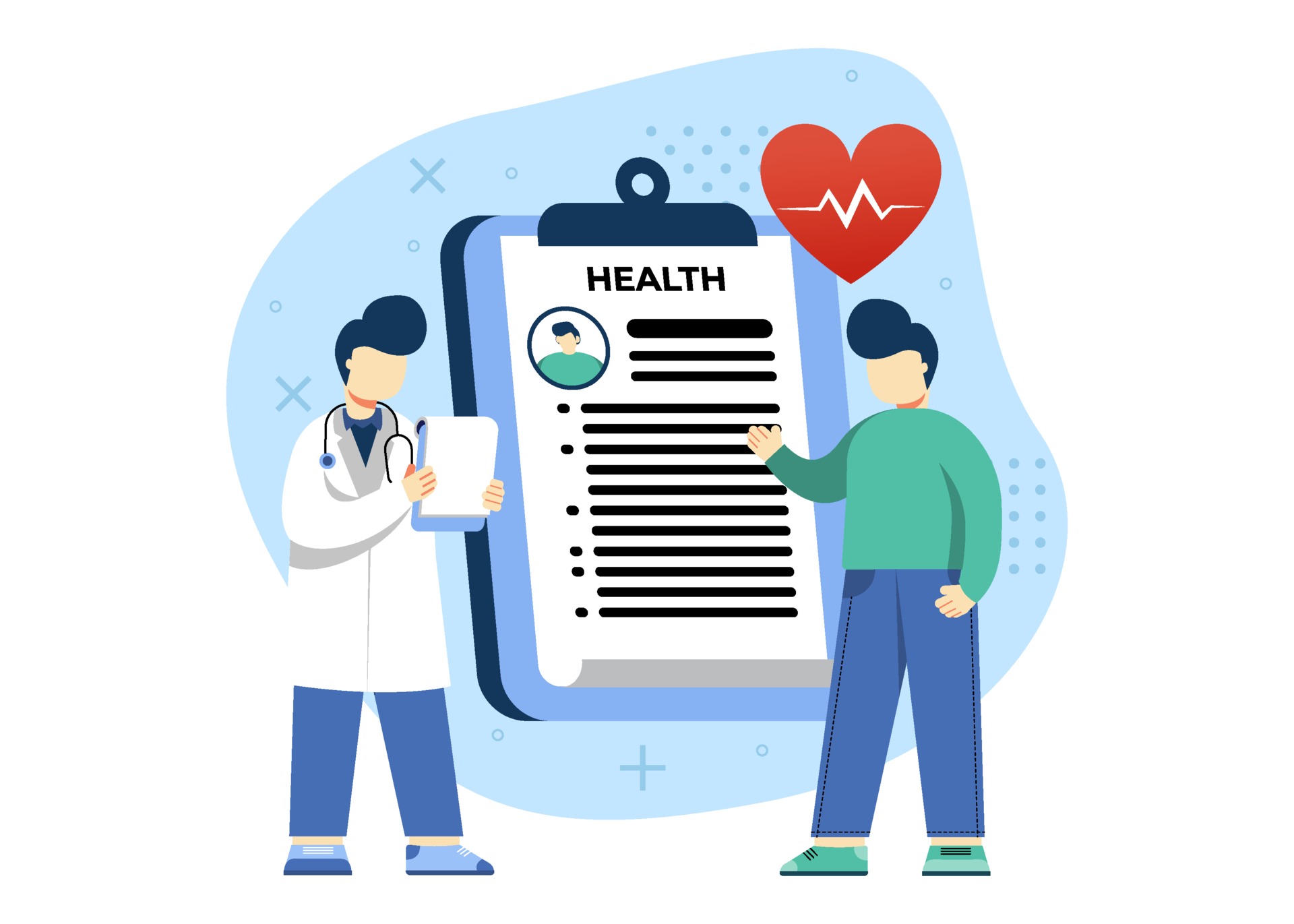
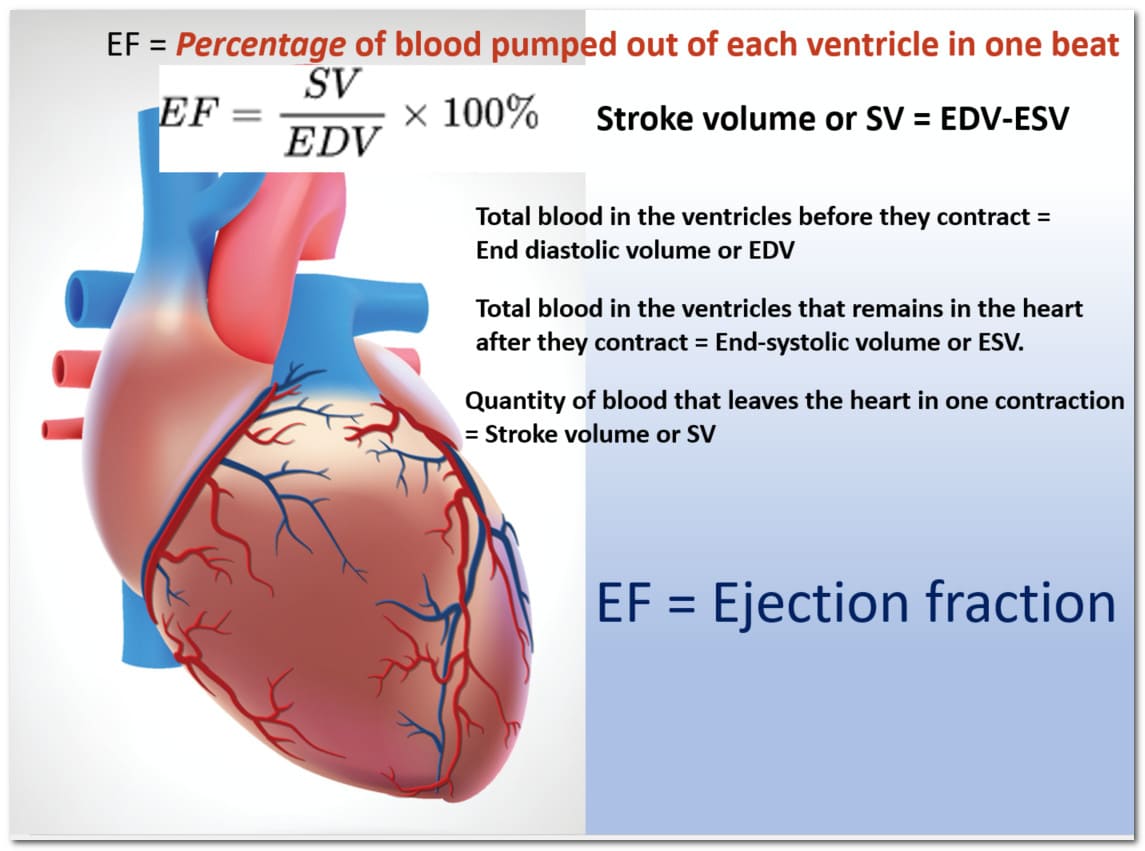
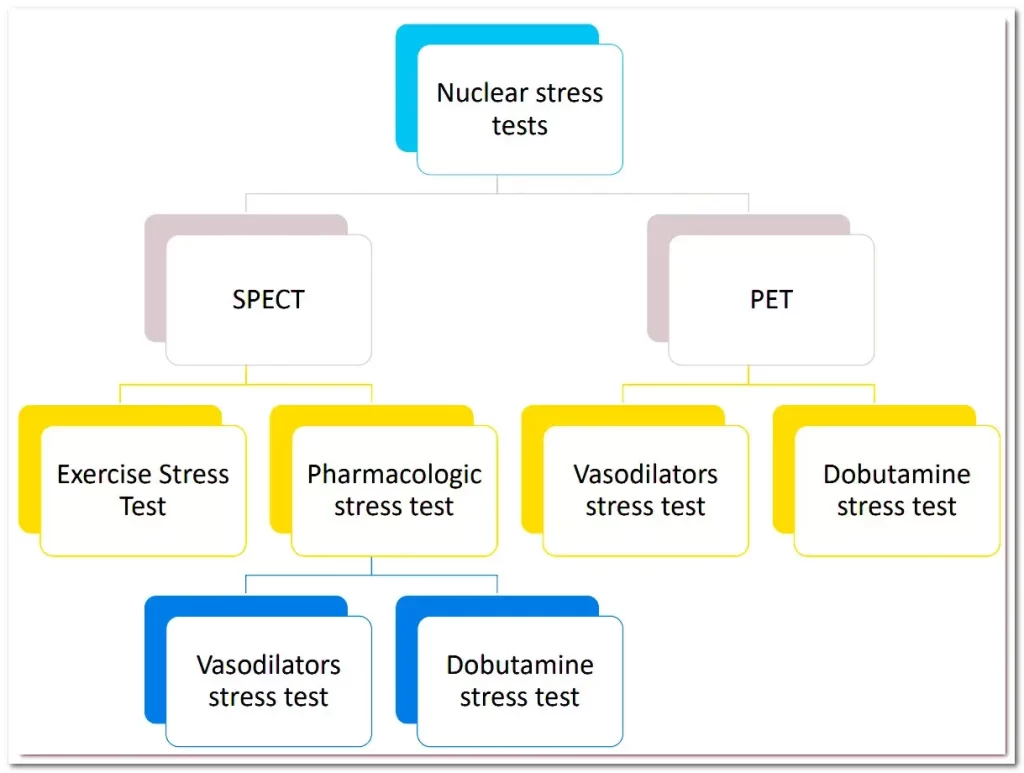


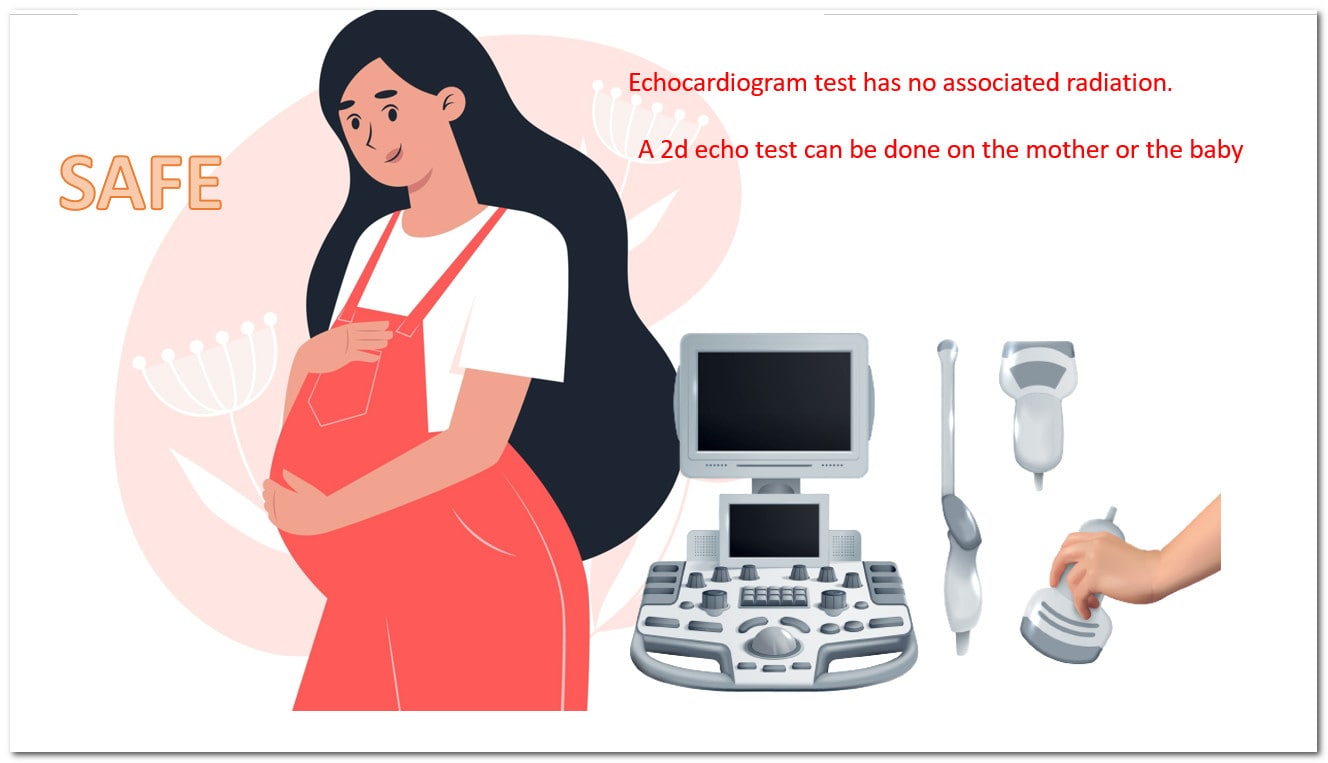
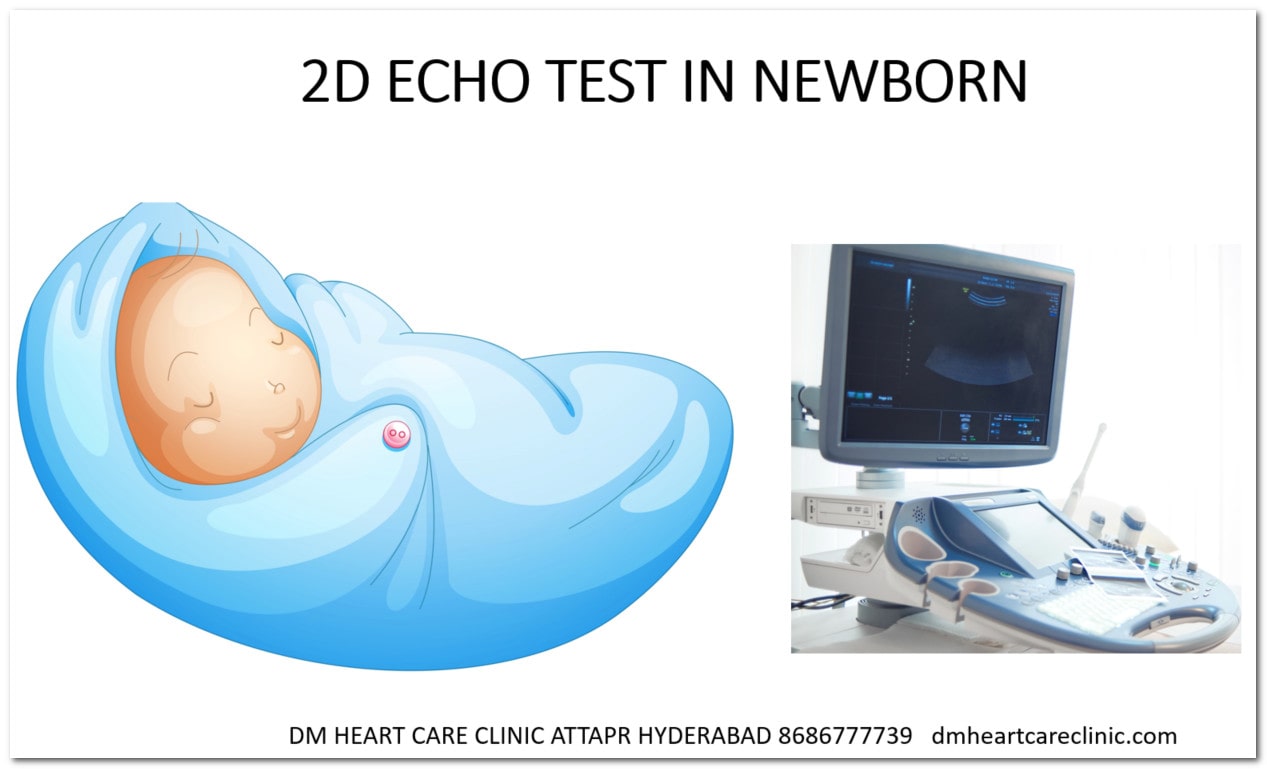
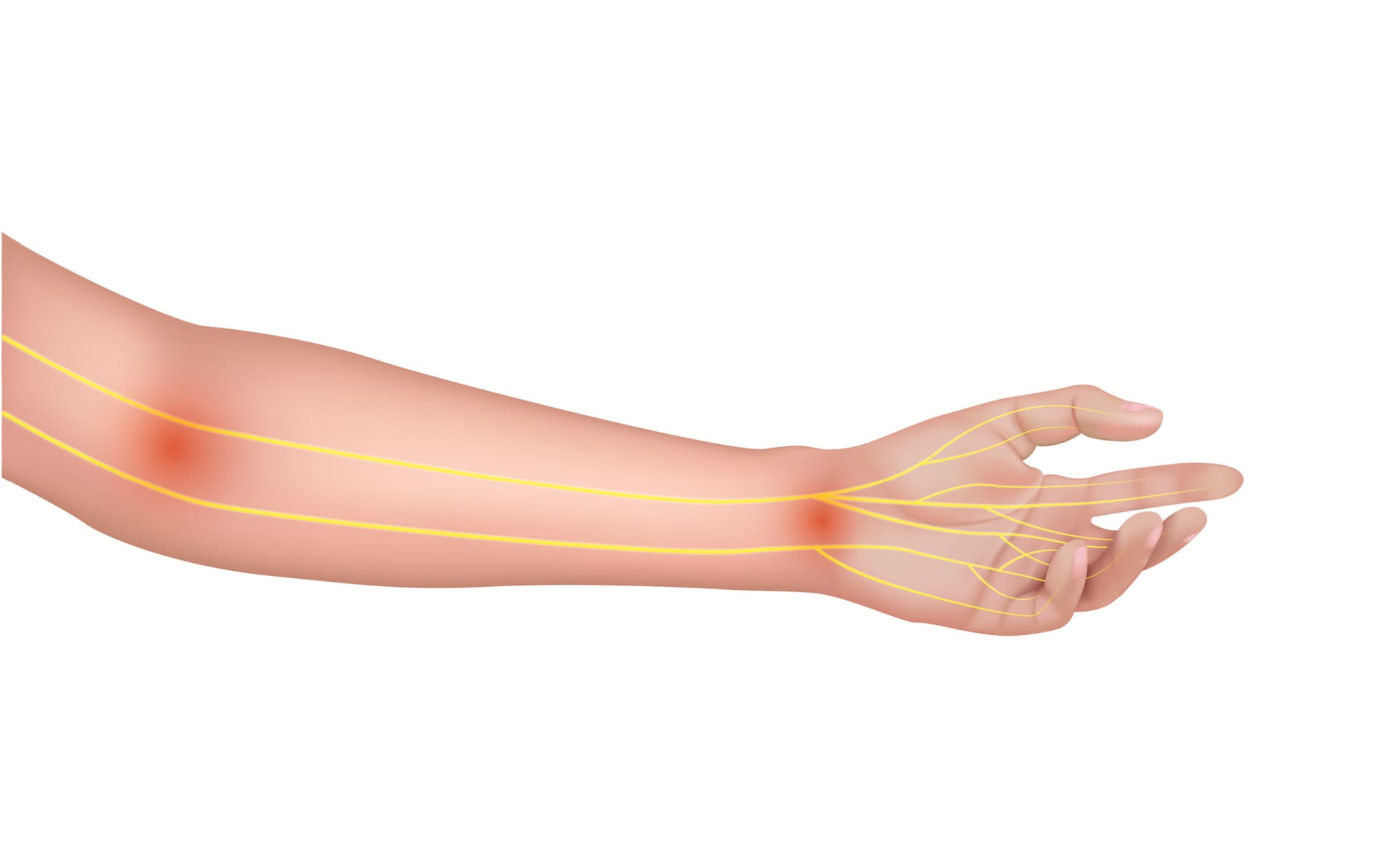
Pingback: What is a 2d echo with Doppler in Hyderabad ? - ECG 2D ECHO TMT CARDIOLOGIST HYDERABAD
Pingback: What is a 2d echo with a Doppler in Hyderabad ? -
Pingback: ASD DEVICE CLOSURE: Do You Really Need It? - Dr. Malleswara Rao
Pingback: best pediatric cardiologist in hyderabad - DM HEART CARE CLINIC
Pingback: 2d echo test in newborn baby - DM HEART CARE CLINIC